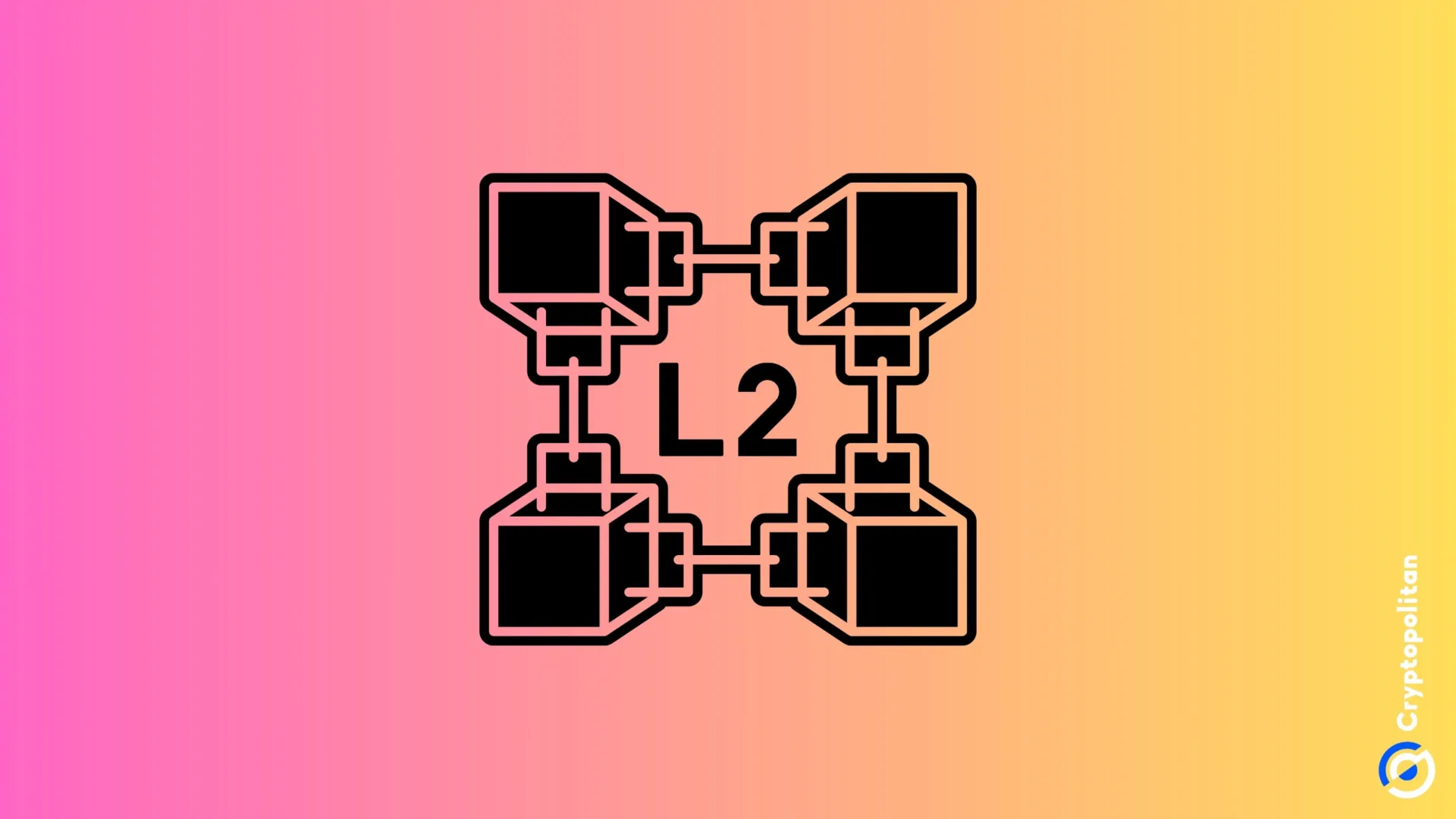Despite the ripples from the recent alleged $165 million scandal involving the crypto exchange JPEX, the Hong Kong government remains undeterred in its commitment to the Web3 vision for the region. This stance was clearly articulated during a Nov. 2 keynote at Hong Kong Fintech Week. Christopher Hui, the region’s Secretary for Financial Services and the Treasury assured attendees and the general public alike.
He stated that numerous queries have come their way regarding whether the JPEX debacle has dimmed their resolution to nurture the Web3 market. However, he provided a resounding “no” as the answer. The saga in question pertains to the accusations leveled by over 2,500 Hong Kong residents. They claim that the Dubai-based JPEX defrauded them. Following these allegations, the Securities and Futures Commission (SFC) issued a warning. The warning highlighted that JPEX was ostensibly marketing its services in the region without an appropriate license.
Regulatory actions in light of allegations
In light of these recent events, Hong Kong has signaled its intent to enhance its regulations around cryptocurrency activities. Consequently, the SFC has not only warned against the potential hazards posed by unlicensed exchanges such as JPEX but has also initiated collaborative efforts with the police. These efforts aim to target and mitigate illicit activities related to crypto exchanges. Moreover, the SFC is also updating its policies on the sale of cryptocurrencies and corresponding requirements.
This regulatory momentum isn’t restricted to reactive measures alone. Christopher Hui provided insights into the ongoing efforts on the regulatory front. He highlighted the government’s future plans regarding Web3 regulations. Part of these plans includes the SFC laying down guidelines related to tokenized securities. Additionally, there will be a focus on the tokenization of SFC-endorsed investment commodities. Furthermore, Christopher Hui revealed that the purview of crypto regulations would be broadened. The expansion will encompass the purchase and sale of cryptocurrencies. This would be beyond the current confines of trades that take place on existing regulated platforms.
Another noteworthy development on the horizon is the much-anticipated joint stablecoin consultation. This is a collaborative endeavor by the Hong Kong Monetary Authority (HKMA) and the Financial Services and the Treasury Bureau. Its inception can be traced back to a January HKMA discussion paper. Feedback from this paper will significantly inform the upcoming consultation.
Earlier reports this year brought to light that the HKMA had nudged banks into offering services to crypto firms in the region. Building on this, Hui mentioned that the HKMA is in the process of seeking feedback from the sector. This feedback will play a pivotal role in the formulation of guidelines. These guidelines are expected to oversee banks that render crypto custodial services.
Last week, Cryptopolitan reported that Hong Kong’s Customs and Excise Department is investigating the regulatory loopholes exposed by the JPEX crypto scandal. Commissioner of Customs and Excise in Hong Kong, Louise Ho Pui-shan also highlighted the importance of implementing stronger regulations for combating money laundering and ensuring investor protection within the cryptocurrency sector.





